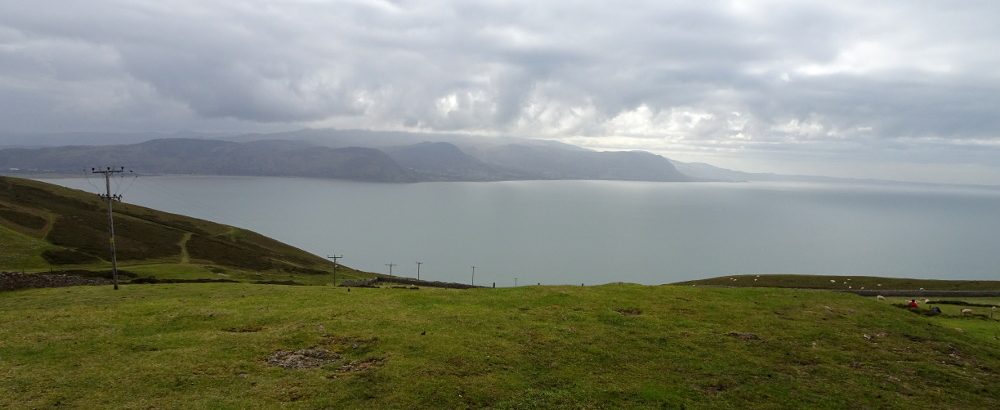We are often told not to look back but to be ‘in the now’ or to look forward to the future. But there are various reasons why we can look back and times when it is good to look back.
I like to look back at my life journey so I can see what I have learned, or not learned as the case may be, so I can decide what I need to do next. I can reflect on my journey so far. I also like to look back in history to see how countries and people have changed over the centuries.
Looking back at my life can also bring to mind some wonderful memories, some which I have shared with others and some when I have made journeys alone. Yesterday I went out with my son and his partner to a local, wildflower farm. The sun was hot, the sky a clear blue, the flowers colourful and the butterflies, dragonflies and damselflies were out in abundance and stunningly beautiful. Tea and cake added to the day and it will be a day to remember when in years to come, I cannot get out to enjoy nature.
In my history/genealogy research, I am of course looking back, but I try to find out what life was like then, what people wore, and how they lived so that I am in a way bringing them alive. It enables me to see how much our world has changed in the last three or four hundred years.
So looking back for me is important. It enables me to make changes in the way I live my life and it also enables me to see how I do things differently than my ancestors. Do you look back and if so do you reflect on what you see? Does it help you to change the way you do things now? Does it help you to find out what is important in your life as it does in mine?
Here is one of the dragonflies from yesterdays memories.




